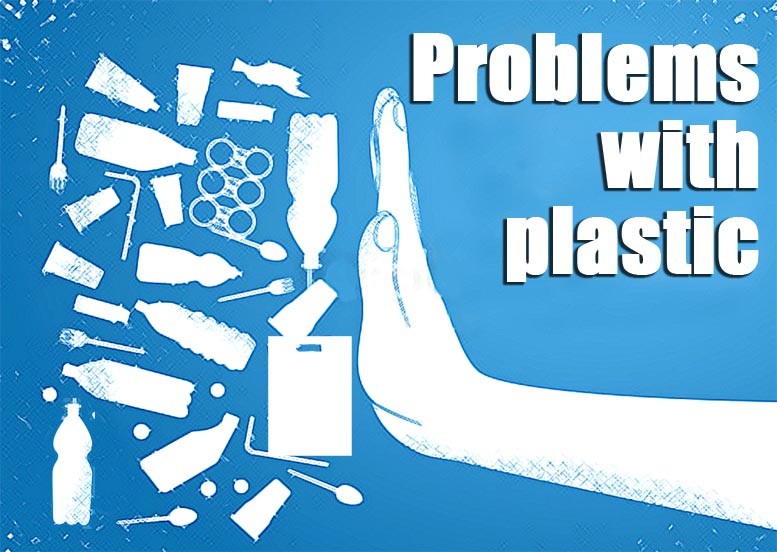

Over the last decade or so, plastic has become a big part of our daily lives: water bottles, shopping bags, plastic furniture, kitchen utensils, there is no area of our lives where plastic isn’t ubiquitous. No wonder then that it is estimated that as many as 55 billion plastic shopping bags are used each year in Pakistan and about 160,000 people are directly and 600,000 indirectly dependent on this industry.
What is the flip side of it? Plastic has certainly made life a lot easier but at what cost? What is the environmental price we have to pay and how does it affect our daily lives? Environmentalists and doctors have warned against use of plastic products, especially shopping bags and water bottles time and again. WWF-Pakistan has pointed to pollution caused by plastic items affecting our marine life badly, and ultimately penetrating our food chain.
As plastic waste decomposes very slowly, it is found floating in the sea or piled up on beaches. The coastal areas of Karachi, Malir and Gwadar are proof of what damage plastic waste can do. Recycling is one option but it is practised in Pakistan at a very limited scale and in an unorganised way. When it comes to the laws governing our environment and food safety, we have observed that they fail miserably at the implementation stage. Various provincial governments have announced bans on shopping bags that choke the sewerage system routinely, but noting has moved beyond announcements. What is missing is the political and administrative will to turn things around.